News
[Interview] Screenwriter Mark Bomback – War for the Planet of the Apes
Mankind moves closer to its demise in War for the Planet of the Apes, the third film in the Planet of the Apes reboot series. The architects of mankind’s destruction, and the continued rise of the apes toward global dominance, are director Matt Reeves and screenwriter Mark Bomback, whose collaboration began with 2014’s Dawn of the Planet of the Apes. For Bomback and Reeves, the challenge, and the excitement, of connecting the prequel series to the original 1968 film, isn’t based on the knowledge of what’s going to happen but rather the how and why.

In June, I had the chance to talk to Bomback about how he and Reeves constructed the screenplay for War for the Planet of the Apes and how this third prequel film fits into the overall Apes mythology.
DG: Mark, what were the key decisions that you and Matt made prior to the writing of this screenplay, in terms of the direction you wanted to take with this third film?
MB: Actually, before sitting down to write, Matt and I both agreed that nothing was off the table in terms of where the story could go. We knew, of course, that whatever the narrative was, it was going to center on Caesar and ideally set him on a path that takes him to places we’d yet to explore, but it would also continue his larger trajectory from accidental revolutionary to the leader of an entirely new civilization. We often say that these stories aren’t so much about where they’re ultimately going – we all know it’s called Planet of the Apes, not Planet of the Humans – but how they arrive there.
DG: How has the conflict between the apes and humans evolved between the end of the last film and the beginning of this film, and how have Caesar and the rest of the apes evolved?
MB: Well this new film is set two years after Dawn, and we quickly come to understand that in the interim the apes have been engaged in a near constant state of warfare. They’ve had to retreat to the woods and establish a new, clandestine home for themselves. The humans they’ve been fighting are relatively new arrivals to the world of our film, having been contacted at the end of the last film by Gary Oldman’s character. They’re much less ragtag than the human adversaries in Dawn – these are all military-trained men and women who have developed a kind of “kill or be killed” attitude toward the apes, who they insist on seeing as savage animals despite all evidence to the contrary. Under the leadership of The Colonel, to whom these soldiers have an almost cultish devotion, they believe themselves to be on a noble mission to save the human species. That kind of fervor can allow people to commit all sorts of atrocities in the name of doing what they believe is for the greater good.
In terms of the apes’ evolution, they’ve had to adapt to life during wartime, as I mentioned earlier. But they’ve also managed to evolve further as a species. You’ll find that Caesar has become even more articulate, and speech is peppered a little more into the ape community’s sign language. They’ve also continued to learn what it means to be parents and spouses and comrades-in-arms; I think you sense a lot more depth to all of their interactions.

DG: Mark, when I visited the set in December 2015, the footage of Caesar revealed to me that Caesar had lost his humanity. Question: How would you describe the state of Caesar’s relationship with humanity in this film, both his own humanity and the actual human race?
MB: Caesar’s internal struggle with his feelings toward humanity is one of the reasons we felt War was such an appropriate title for this film – Caesar is very much at war with himself. Remember, Caesar is the only ape who has a genuine love for humans, because of his history with characters like Will and Malcolm and Ellie in the previous films. When War begins, however, Caesar is already on the cusp of losing faith in humankind’s continued capacity for decency. The soldiers are just relentless. And soon events transpire that finally push Caesar to a place where he breaks with humanity once and for all. For the first time, he comes to understand what true hatred feels like, and it’s a terrifying journey for us to witness.
DG: Mark, while Dawn of the Planet of the Apes was a very contained, gritty film, War for the Planet of the Apes has been described as being an epic western film. Question: How would you describe the scale and tone of this film, and what were the notes and the themes that you wanted to inject into this story?
MB: The scale is certainly grander than in the previous films – far more epic than any film I’ve ever worked on, really. If Caesar is destined to become his people’s Moses, then we knew we should try to push the storytelling, the settings, and the ideas to a more mythic place. The trick was to make it feel connected to the last film tonally, but also move into a more sweeping, almost biblical direction. As for the theme, as I said earlier, the central theme in this film is the war within us all, the inevitable struggle between the drive for survival and the maintenance of one’s moral compass.
DG: Mark, how would you describe Woody Harrelson’s character, the Colonel, his mission, his point-of-view, and what kind of obstacle does he represent for Caesar in the film?
MB: Without giving too much away, I’ll say that the Colonel is in many ways the perfect foil for Caesar. He is someone who has grappled with the costs of war as well, and who has ultimately chosen to abandon his morality in order to prevent what he believes will be the extinction of his own species. He has evolved (or devolved) to a place where no action is deemed inexcusable if it means the survival of humankind. And Caesar comes to question if that sort of grim resolve is actually necessary to survive. Bottom line, there’s a bit of a “there but for grace of God goes Caesar” to the Colonel’s character.
DG: Mark, what does this third film represent within the prequel series, and what sets this film apart from the previous two films, and all of the other Apes films?
MB: That’s really a bit difficult to answer without treading into spoiler territory. I’ll simply say that this film marks a very significant step toward the world of the original 1968 Planet of the Apes film. What sets it apart, in my opinion, is the ambition of the storytelling, the even more incredible nuances of the performances – and of course the brilliance of the mo-cap work. The folks at Weta have truly outdone themselves this time around. It’s pretty astounding.
DG: What was the biggest challenge you faced in making this film, telling this story?
MB: The biggest challenge was ensuring that this film mark a significant step forward in every way. At the risk of sounding immodest, I really loved Dawn, as did Matt. We were keenly aware of certain things we wished we could have improved, but on the whole it succeeded in a way that makes me very proud. When we set down to figure out the narrative for War, Matt and I both agreed that if we weren’t totally confident that this was a better story than either of the two films that preceded it, then it wasn’t worth telling. The road to mediocrity is paved with three-quels that thought they could simply coast, and we were anxious to avoid that. We were determined to be as ambitious as possible, to entertain every crazy idea we had and really go for broke. I hope we’ve succeeded.
DG: Mark, as Alien: Covenant represented a major leap toward Alien, in terms of the Alien prequel series, what is the proximity between this film and the 1968 film, which is, theoretically, the ultimate destination?
MB: I’m afraid to answer that would be to spoil the film. Sorry!
DG: Mark, it’s been said that ending to this film would function as a satisfactory ending to the series, if the decision was made not to make more films. Question: Do you agree with this, and have you and Matt established a rough framework for more films, and if you were told that the next film, the fourth film in the prequel series, were, in fact, the last film, how excited, and prepared, would you be for the challenge of ending this series?
DG: Gosh, I don’t mean to sound coy, but I’m afraid I’m not totally comfortable answering that either or even speculating on exactly what the next film or films could or couldn’t accomplish. What I will say is that it’s an incredibly rich and inspiring world, and I’ve been really privileged to explore it over the course of these films thus far.
'Civil War' Review: Is It Worth Watching?
Follow our new YouTube channel "Mysteries and Movies" here.
Movies
‘Evil Dead’ Film Franchise Getting TWO New Installments
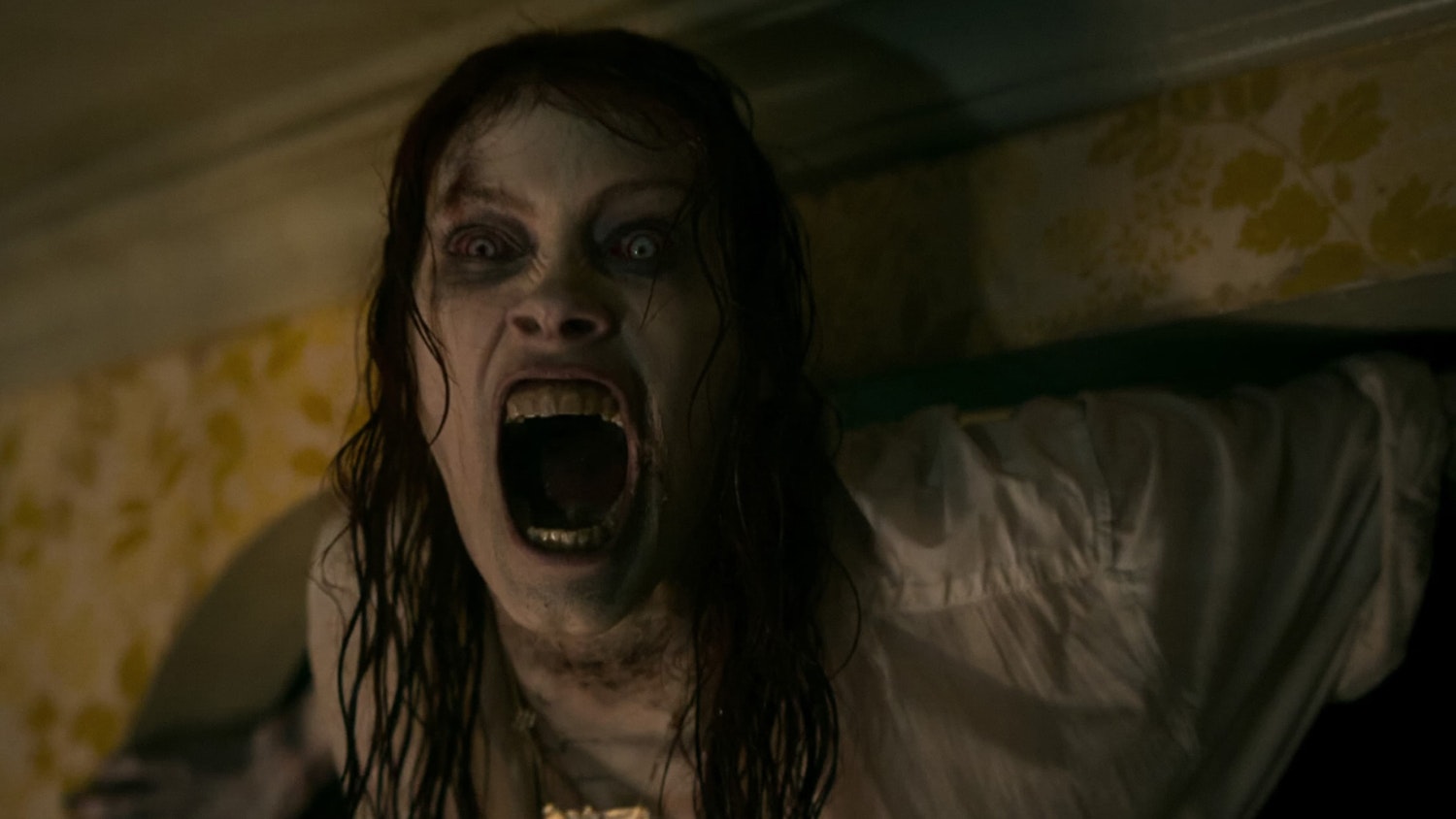
It was a risk for Fede Alvarez to reboot Sam Raimi’s horror classic The Evil Dead in 2013, but that risk paid off and so did its spiritual sequel Evil Dead Rise in 2023. Now Deadline is reporting that the series is getting, not one, but two fresh entries.
We already knew about the Sébastien Vaniček upcoming film that delves into the Deadite universe and should be a proper sequel to the latest film, but we are broadsided that Francis Galluppi and Ghost House Pictures are doing a one-off project set in Raimi’s universe based off of an idea that Galluppi pitched to Raimi himself. That concept is being kept under wraps.
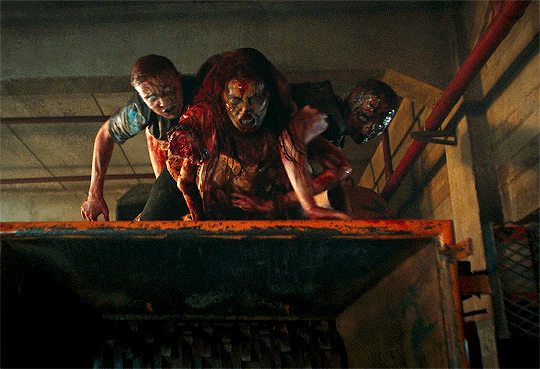
“Francis Galluppi is a storyteller who knows when to keep us waiting in simmering tension and when to hit us with explosive violence,” Raimi told Deadline. “He is a director that shows uncommon control in his feature debut.”
That feature is titled The Last Stop In Yuma County which will release theatrically in the United States on May 4. It follows a traveling salesman, “stranded at a rural Arizona rest stop,” and “is thrust into a dire hostage situation by the arrival of two bank robbers with no qualms about using cruelty-or cold, hard steel-to protect their bloodstained fortune.”
Galluppi is an award-winning sci-fi/horror shorts director whose acclaimed works include High Desert Hell and The Gemini Project. You can view the full edit of High Desert Hell and the teaser for Gemini below:
'Civil War' Review: Is It Worth Watching?
Follow our new YouTube channel "Mysteries and Movies" here.
Movies
‘Invisible Man 2’ Is “Closer Than Its Ever Been” to Happening

Elisabeth Moss in a very well-thought-out statement said in an interview for Happy Sad Confused that even though there have been some logistical issues for doing Invisible Man 2 there is hope on the horizon.
Podcast host Josh Horowitz asked about the follow-up and if Moss and director Leigh Whannell were any closer to cracking a solution to getting it made. “We are closer than we have ever been to cracking it,” said Moss with a huge grin. You can see her reaction at the 35:52 mark in the below video.
Whannell is currently in New Zealand filming another monster movie for Universal, Wolf Man, which might be the spark that ignites Universal’s troubled Dark Universe concept which hasn’t gained any momentum since Tom Cruise’s failed attempt at resurrecting The Mummy.
Also, in the podcast video, Moss says she is not in the Wolf Man film so any speculation that it’s a crossover project is left in the air.
Meanwhile, Universal Studios is in the middle of constructing a year-round haunt house in Las Vegas which will showcase some of their classic cinematic monsters. Depending on attendance, this could be the boost the studio needs to get audiences interested in their creature IPs once more and to get more films made based on them.
The Las Vegas project is set to open in 2025, coinciding with their new proper theme park in Orlando called Epic Universe.
'Civil War' Review: Is It Worth Watching?
Follow our new YouTube channel "Mysteries and Movies" here.
News
Jake Gyllenhaal’s Thriller ‘Presumed Innocent’ Series Gets Early Release Date
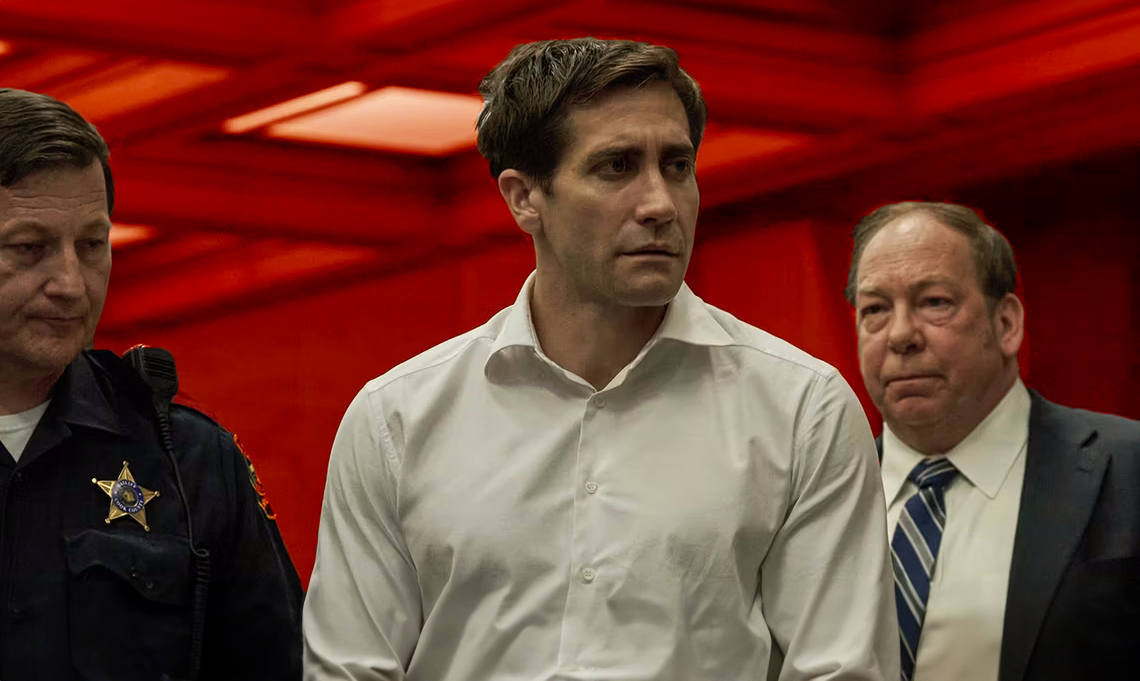
Jake Gyllenhaal’s limited series Presumed Innocent is dropping on AppleTV+ on June 12 instead of June 14 as originally planned. The star, whose Road House reboot has brought mixed reviews on Amazon Prime, is embracing the small screen for the first time since his appearance on Homicide: Life on the Street in 1994.
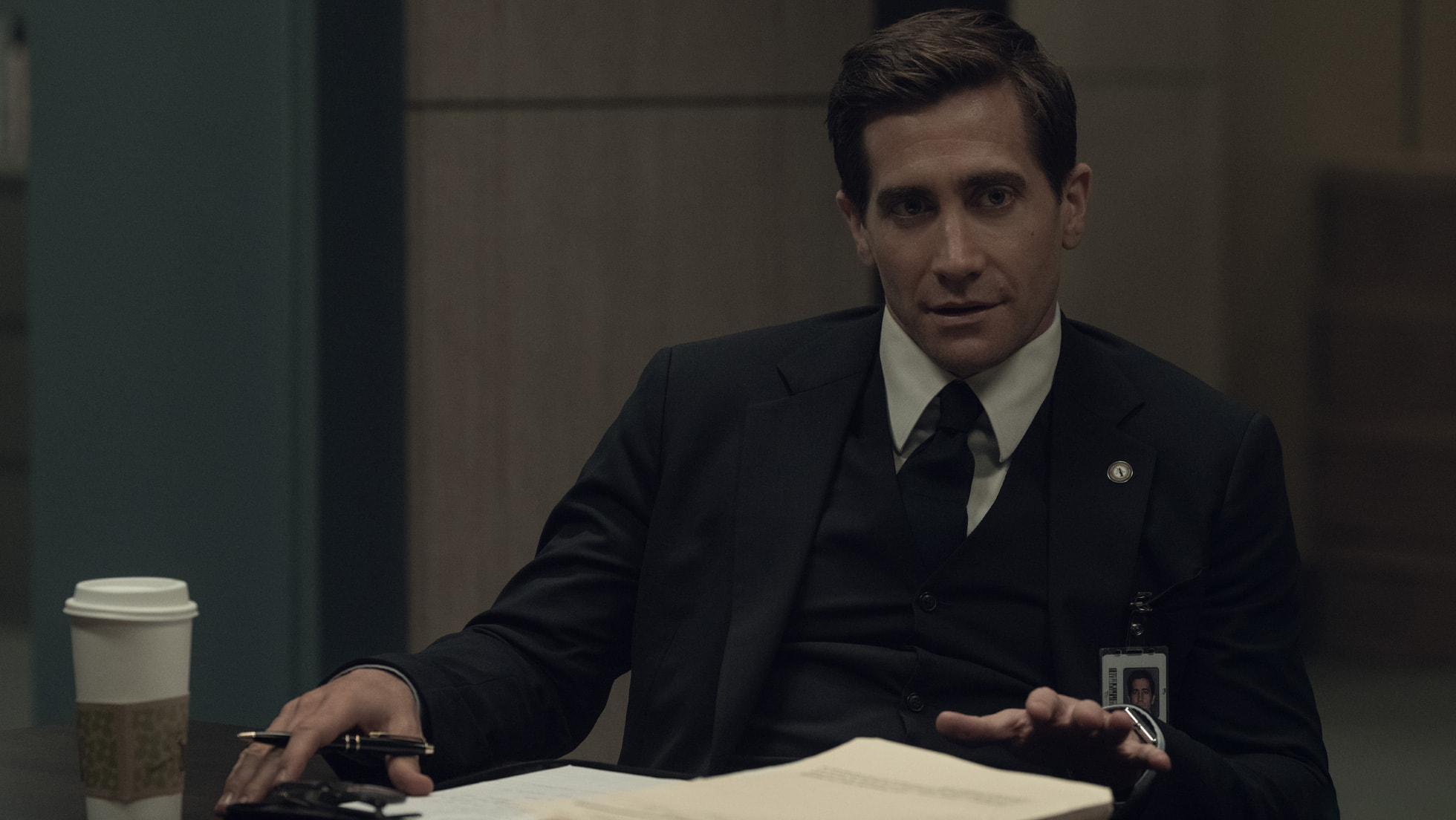
Presumed Innocent is being produced by David E. Kelley, J.J. Abrams’ Bad Robot, and Warner Bros. It is an adaptation of Scott Turow’s 1990 film in which Harrison Ford plays a lawyer doing double duty as an investigator looking for the murderer of his colleague.
These types of sexy thrillers were popular in the ’90s and usually contained twist endings. Here’s the trailer for the original:
According to Deadline, Presumed Innocent doesn’t stray far from the source material: “…the Presumed Innocent series will explore obsession, sex, politics and the power and limits of love as the accused fights to hold his family and marriage together.”
Up next for Gyllenhaal is the Guy Ritchie action movie titled In the Grey scheduled for release in January 2025.
Presumed Innocent is an eight-episode limited series set to stream on AppleTV+ starting June 12.
'Civil War' Review: Is It Worth Watching?
Follow our new YouTube channel "Mysteries and Movies" here.
-
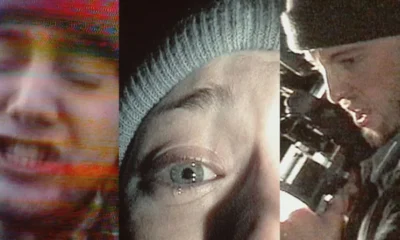
 News7 days ago
News7 days agoOriginal Blair Witch Cast Ask Lionsgate for Retroactive Residuals in Light of New Film
-
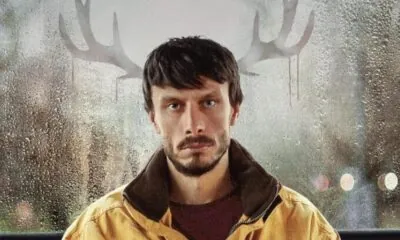
 News4 days ago
News4 days agoPerhaps the Scariest, Most Disturbing Series of The Year
-
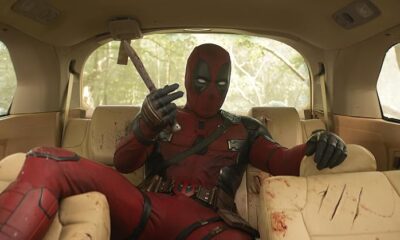
 Movies6 days ago
Movies6 days agoNew F-Bomb Laden ‘Deadpool & Wolverine’ Trailer: Bloody Buddy Movie
-

 Lists4 days ago
Lists4 days agoThrills and Chills: Ranking ‘Radio Silence’ Films from Bloody Brilliant to Just Bloody
-
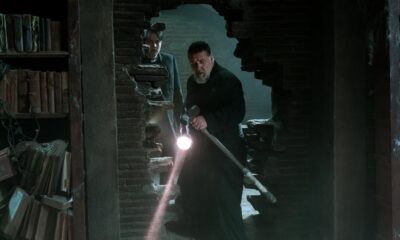
 News6 days ago
News6 days agoRussell Crowe To Star in Another Exorcism Movie & It’s Not a Sequel
-

 Movies6 days ago
Movies6 days ago‘Founders Day’ Finally Getting a Digital Release
-

 Movies5 days ago
Movies5 days agoThe Original ‘Beetlejuice’ Sequel Had an Interesting Location
-

 Movies5 days ago
Movies5 days agoNew ‘The Watchers’ Trailer Adds More to the Mystery
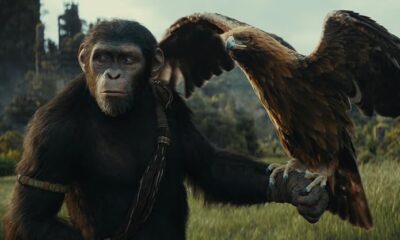



























You must be logged in to post a comment Login